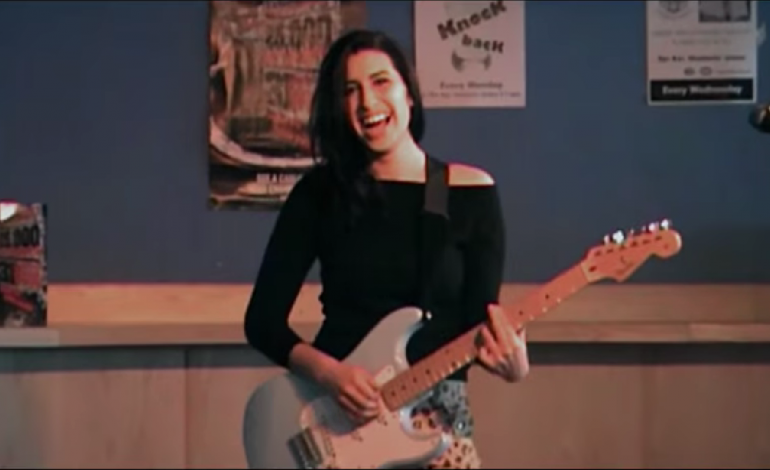The 1970’s are well known for their quality of films; films
that are thoughtful, controversial, and different. This was the time of social
and individual revolutions, and movies were there to explore these ideas. Nicolas Roeg’s “Don’t Look Now” is one such
film. It is one of the most radical, risky, and gratifying films I’ve seen, and
that makes it all the more difficult to talk about. This film is one that needs
to be experienced, one that the viewer should be mostly unaware about. I went
in with this mindset and was greatly rewarded, so this is my one and only
warning: if you don’t want to be spoiled, then do not read the rest of this
review.
“Don’t
Look Now” follows a married couple played by Julie Christie and Donald Sutherland
who have a skeleton in their closet. Their daughter accidently drowned in a
river outside their house, her death leaving a noticeable scar on the family.
Years later, the two are in Venice (ironically a city known for its rivers)
doing their jobs as architects and restoring old churches. One day, Christie
meets a pair of sisters, one of which is blind and claims she can see her
daughter who is happy and well. Christie is obviously stunned by this, but she
soon accepts this statement and changes her attitude completely. She is finally
happy and has come to terms with the death, yet Sutherland is worried that this
might not be the best way to get this reaction, and he is distrustful of the
sisters in general. He doesn’t believe in the supernatural, openly criticizing
the blind woman’s claims. Yet, he soon starts to see odd things and a feeling
of foreboding looms over the couple as everything may not be as it seems.
Talking
about the plot of this film is hard, since it doesn’t truly reveal itself until
the last twenty minutes or so, which is the genius of “Don’t Look Now”. It is a
slow, methodical, and eerie two hour ride that hides under a vail for most of
its runtime. Focus is given to random objects, dialogue hints at past events,
and the editing cuts from scene to scene almost randomly. This scattershot film making plays
with the viewers expectations, eventually playing with their mind. You think
something is going to happen, so you make up details. Characters show up in the
background, certain camera shots have larger meanings, and you swear you saw
one of the sisters in that fast cut. All of this serves to create a feeling of
dread, waiting for something to explain it all. When the explanation comes, and
it comes in a spectacular fashion, all the waiting and minutes
seemingly wasted all make sense.
To be
more specific, this film would be nothing without its frantic and unique
editing style, which when mixed with the cinematography, instills ideas into
the viewers mind simply with imagery by cutting between scenes that are matched
in themes and thought processes alone. For example, there is a set-piece where
Donald Sutherland is hanging precariously from a scaffolding, hanging on the
edge of death. Cut in-between the action are scenes of the sisters laughing,
seemingly mocking the non-believer without even looking at him.
Credit
must also be given to the two main actors Sutherland and Christie, both of
which give great, if at times outlandish performances. Sutherland in
particular, whose screams of agony when pulling his daughter out of the river
came off as comical rather than heartbreaking. Yet, when they need to be a
married couple in distress, both do an excellent job. The controversial sex
scene is a great example, expressing their crumpling marriage coming back
together after a long time through their naturalistic and un-cinematic
love-making.
As I’ve
stated many times already, it is difficult to talk about “Don’t Look Now” since
it is something one has to view for themselves. It is a film that has been
called haunting and horrific, but no one can understand why until they’ve felt
the agony of sitting through a scene where Sutherland is unknowingly chased by
a mysterious man through the claustrophobic streets of Venice, his figure
appearing at the end of every cut. We have no idea who the man is, but we know
there is a murderer on the loose. We also know Sutherland does not trust his
wife, or the untrustworthy sisters. These ideas mixed with the presentation
serve to make a creepy atmosphere that never leaves the film. While slowly
paced, “Don’t Look Now” is well worth the time and patience it takes to get
immersed in its unique vision of a marriage ruined by death.







